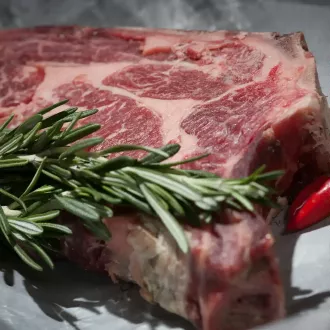ByOnlinecourses55

Impact carnivorous diet digestion - nutrition carnivore
The carnivorous diet consists of consuming exclusively meat, fish, eggs and by-products such as butter and cheese. In contrast to other diets, such as ketogenic or paleo, all carbohydrates are eliminated, including those from fruits, vegetables and grains. This has a significant impact on the functioning of the digestive system, which we will discuss below.
One of the main arguments in favor of the carnivorous diet is its potential to improve digestive problems. Among the reported benefits, the following stand out:
Despite the potential benefits, the carnivorous diet is not without risks. Some of the most prominent include:
The gut microbiome, composed of trillions of bacteria, plays a crucial role in digestion and overall health. A diet high in meat and low in fiber can disrupt this ecosystem, favoring specific bacteria and reducing microbial diversity, which could have long-term negative effects.
The carnivorous diet is not a universal solution. While it may be helpful for those suffering from autoimmune diseases or severe intestinal disorders, the long-term effects are not yet fully understood. Experts recommend that, if you decide to try it, you do so under medical supervision and for a limited period of time.
The carnivorous diet may offer digestive benefits in specific situations, but it is not without risk. Before adopting this approach, it is essential to consider your individual nutritional needs and evaluate less restrictive alternatives that may provide similar results without compromising your long-term health.